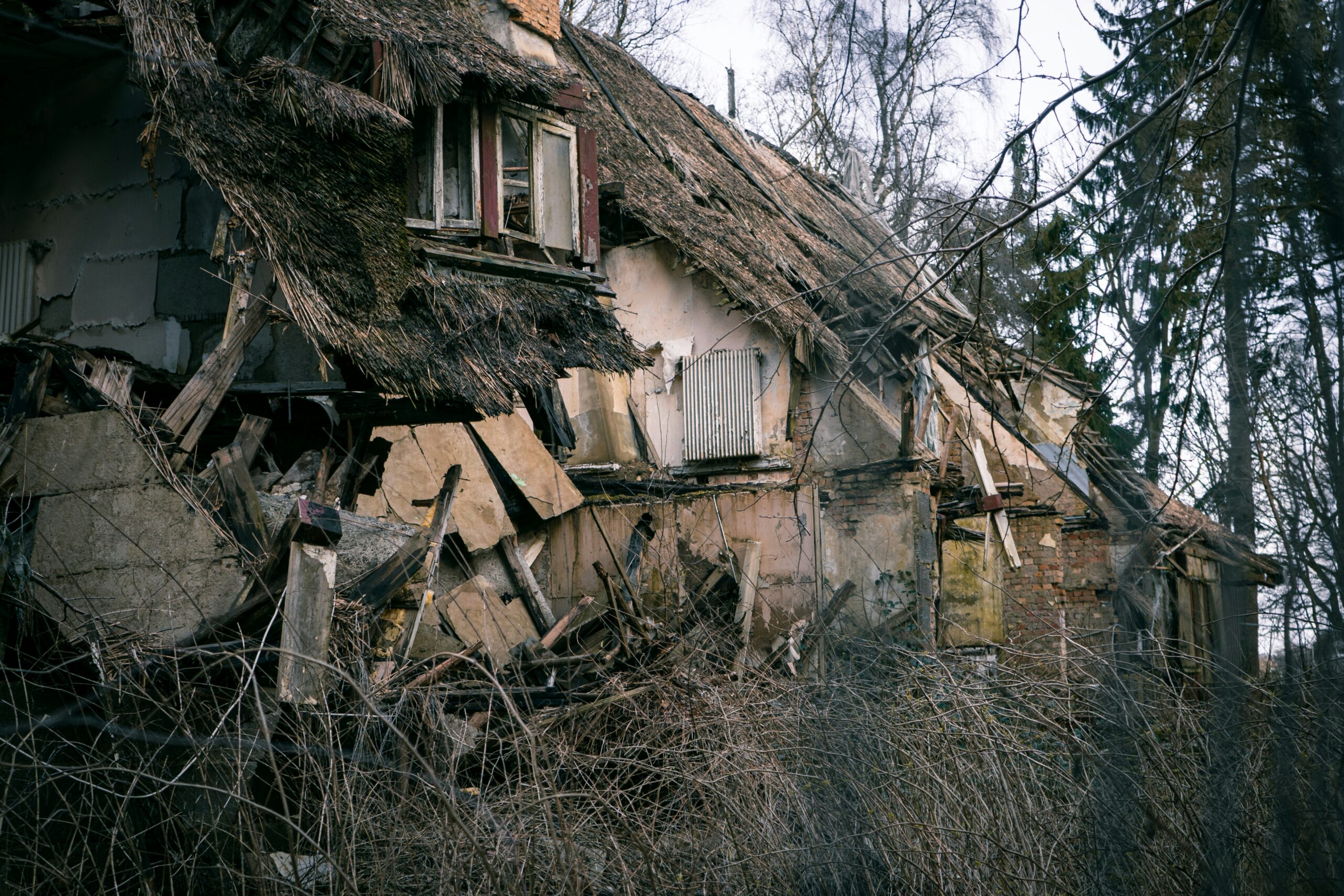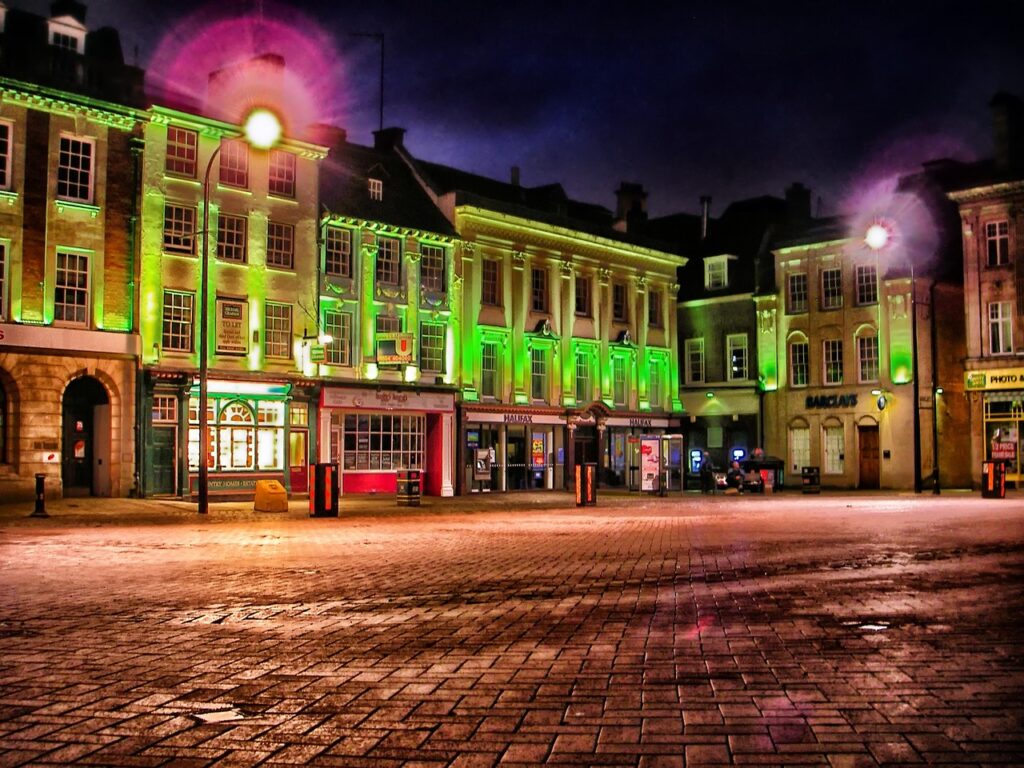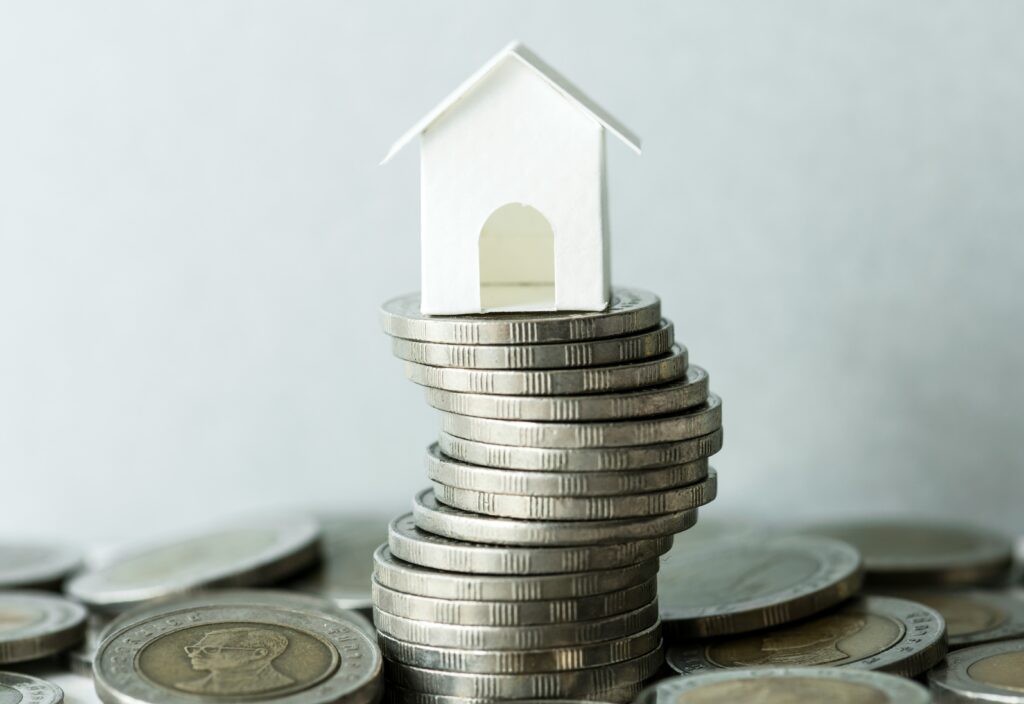
Can You Sell a Condemned House?
Condemned houses aren’t just something off Grand Designs Gone Wrong. They’re real. They’re out there. And they come with a very specific headache if you’re trying to sell one.
Maybe the council has slapped a prohibition order on the place. Maybe the roof’s caved in or the electrics are shot. Maybe you’ve inherited a property that’s been left to rot, and now you’re stuck with a building that’s officially classed as unsafe for human habitation.
So, can you sell a condemned house? The short answer is yes, but it’s not always easy.
In this guide, we’ll explain what it actually means for a house to be condemned in the UK, who might still be interested in buying one, and what you can do to speed things up if you want out fast. You’ll find clear answers on legalities, who buys condemned houses and what your options look like if the property can’t be saved.
Let’s start with the basics. What does ‘condemned’ really mean in UK housing terms?
What does it mean when a house is condemned?
In the UK, a house is considered condemned when it’s been officially deemed unfit for human habitation. That usually happens when the property fails health and safety checks so badly that it poses a risk to anyone living there.
It’s not a word you’ll find in UK legislation, but it crops up often in housing enforcement. In most cases, the local council will issue a prohibition order under the Housing Act 2004. This bans anyone from living in the home until serious work is done to fix the problems.
These problems might include:
- Dangerous structural issues, like subsidence or severe fire damage
- Lack of basic facilities like running water, working toilets or electricity
- Severe damp or mould
- Unsafe wiring or gas
- Asbestos, vermin infestations or contamination
A condemned house doesn’t just need a bit of TLC. It’s typically in such poor condition that living in it would be a serious health or safety risk. You can’t rent it out. You can’t live in it. You might even be ordered to secure or board it up if it’s a hazard to the public.
But that doesn’t mean it’s unsellable.
Can you sell a condemned house easily?
So, good news: There’s no law that stops you putting a condemned house on the market.
But you’ll need to be realistic. A condemned property isn’t one you can sell through a high street estate agent at full market value. Most buyers will walk away as soon as they hear the words ‘prohibition order.’
That said, there’s a market for these properties. Developers, investors and cash house buyers often look for homes like this. They know what they’re doing, they’re not put off by the work involved, and they’re usually in a position to buy fast.
To be clear, you can’t hide the problems. If a prohibition order is in place, you must declare it. You’re also legally obliged to disclose any structural issues or environmental hazards that would affect the sale. Trying to dodge these responsibilities could land you in legal trouble.
So yes, you can sell a condemned house. But your route to sale will be different. You’ll likely be dealing with cash buyers, not families looking for their forever home. So that’s why it’s worth understanding a little about your target market.
Who buys condemned houses and why?
Condemned houses don’t attract the usual buyers. You won’t get much interest from mortgage-backed buyers, because lenders won’t finance a property that’s legally uninhabitable. That rules out most first-time buyers and families straight away.
Instead, your potential buyers are:
Investors and developers
These buyers often see potential in condemned homes. They’re usually looking for a low purchase price and are ready to put in the time, money and labour to make the place livable again. For them, it’s all about return on investment.
Cash house buyers
These companies specialise in buying homes that can’t be sold on the open market. They’re not phased by structural damage, legal restrictions or environmental hazards. If you need to sell quickly, this route can work well.
Local landlords
Some landlords look for rundown properties they can renovate and rent out. If your condemned house is in a good location with strong rental demand, you might get some interest here.
People with building skills
Occasionally, an individual with construction experience will take on a condemned house as a project. But it’s rare. Most buyers in this space are professionals who know how to handle the paperwork and the risk.
So the answer to who buys these homes is simple: people who know what they’re doing. If your house has been condemned, they’re your best bet for a realistic, straightforward sale.
How does a house get condemned?
A property is effectively condemned when the local council or environmental health officer deems it unfit for human habitation. That means it’s so unsafe or unsanitary that people legally can’t live there.
This could be due to:
- Structural damage. If the roof’s collapsing, the walls are unstable or the floors are dangerous, the property may be ruled unsafe.
- Fire or flood damage. Severe damage from fire, flooding or storm events can leave a house in a state that makes it legally uninhabitable.
- Infestations or severe damp. If rats, cockroaches or black mould have taken over, environmental health officers might step in and issue a prohibition order.
- Asbestos or contamination. Old houses can contain hazardous materials. If there’s widespread asbestos or soil contamination, the property may be deemed a risk to health.
- Serious neglect. A house that’s been abandoned or left to rot might degrade to the point where it’s considered a danger to anyone entering.
Condemnation usually follows a formal inspection. You’ll get a notice explaining the problem and outlining what needs to be fixed. In some cases, the council may allow the home to be brought up to standard. In others, it’s a full prohibition.
How to sell a condemned house
If your house is condemned, the usual estate agent route probably won’t work. Most buyers can’t get a mortgage on a property that’s legally uninhabitable, and estate agents may not want to list it at all.
But that doesn’t mean you can’t sell. You’ve got two main options:
1. Sell it as-is to a cash buyer
This is the fastest way to move on. A cash house buyer can make a firm offer based on the property’s current condition. There’s no need to fix it up, no surveys or open market delays, and no risk of the sale falling through.
2. Renovate then sell
If you’ve got the funds and the property can legally be brought back up to standard, you could carry out the necessary work before listing it. This can boost your sale price but it’s often expensive, stressful and time-consuming.
Whichever route you choose, you’ll need to be upfront with buyers. If the property has a prohibition order, the new owner must be told. You might also need to provide documentation of any surveys, repairs or clearances.
If the idea of spending months project-managing a rebuild sounds exhausting, a direct sale to a cash buyer might be your best route out.
Selling a condemned house doesn’t have to be a nightmare
You might think a condemned house is unsellable, but that’s not true. You can sell a condemned house in the UK, as long as you’re honest about its condition and realistic about your options. You won’t be able to sell to a regular buyer, and it’s unlikely an estate agent will take it on. But you can still get a firm offer of cash for your house and walk away without having to lift a hammer.
At Sell House Fast, we buy any house in any condition, from fire-damaged homes to properties with serious structural issues. You don’t need to clear the place, deal with surveys or worry about buyers pulling out. Just get in touch, and we’ll sort the rest.
A fast house sale is still possible. Enter your postcode now for a no-obligation cash offer, and discover how you can sell your condemned house without the stress.


